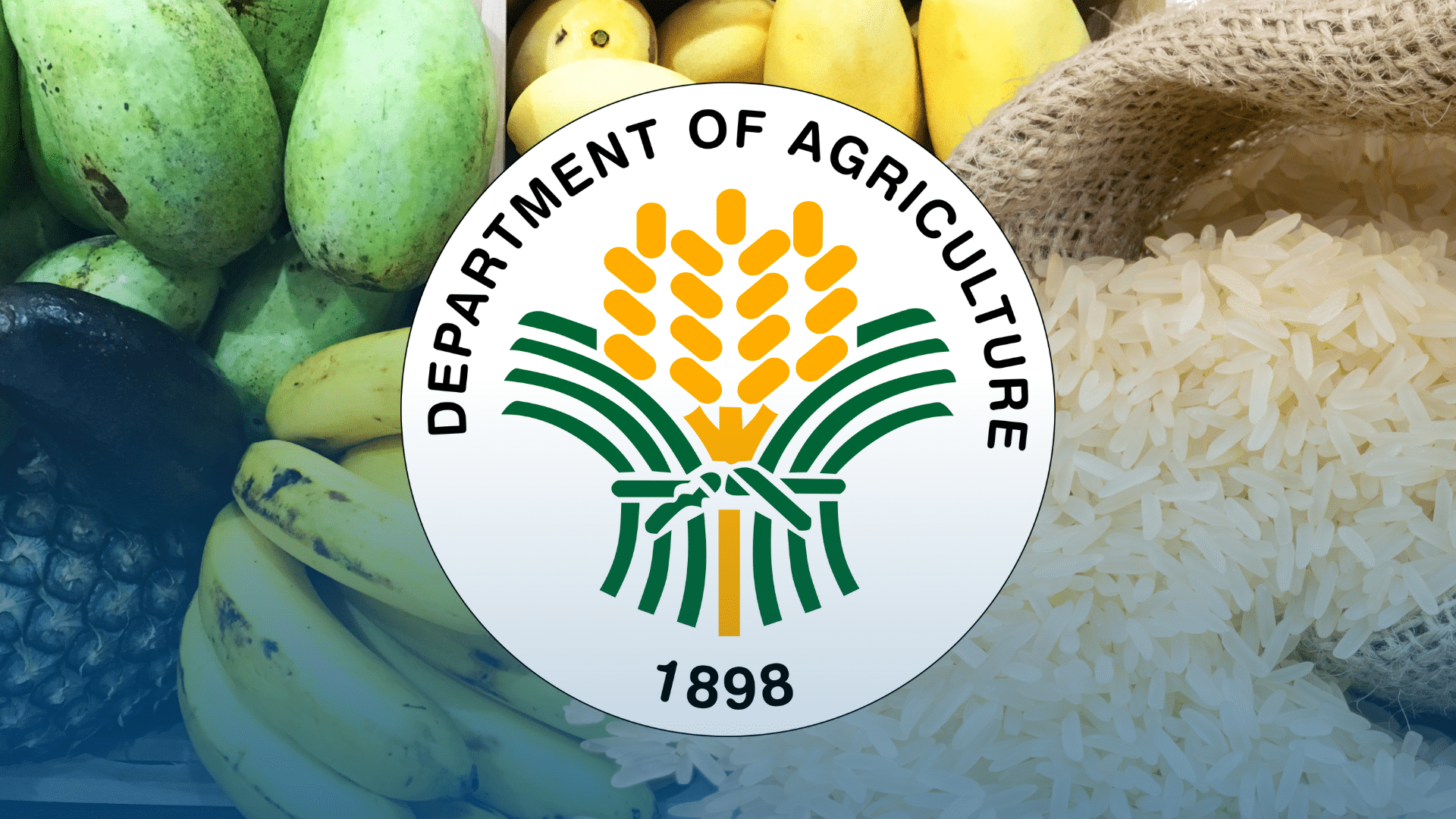
LAST April, the chief scientist of the World Health Organization (WHO) raised concerns about the ability of the H5N1, the avian influenza virus, to spread from poultry and wildfowl to mammals after it was detected in dairy cows in North America and even otters and foxes in the United Kingdom.
Dr. Jeremy Farrar now sees H5N1 evolving into a virus that can infect humans on a mass scale. Cases of humans contracting H5N1 have been reported but are confined largely in Southeast Asia, where avian flu has been prevalent.
It is the next phase that Dr. Farrar is most worried about — human-to-human transmission.
Last week, WHO confirmed the first human case of avian flu in Australia — a 2-year-old girl who had returned last month from a trip to India, where the virus had infected birds.
In just two months, Dr. Farrar's dreaded scenario may already be playing out.
The child has made a full recovery after being hospitalized, and WHO said "no close family contacts in Australia or India had developed symptoms."
Still, how the patient got infected remains a mystery; she "did not have any known exposure to sick persons or animals while in India," WHO said.
Humans usually contract H5N1 after being exposed to chickens, ducks and similar farm fowl. WHO said H5N1 can cause "severe disease" in humans and has "a high mortality rate."
From 2003 to 2023, there were 246 cases of human infection with H5N1 in four countries in the Western Pacific region. Of these cases, 138 were fatal.
WHO is not recommending travel or trade restrictions for avian flu at this point but advised persons exposed to "potentially infected animals or contaminated environments, and who felt unwell, to seek health care promptly and limit exposure to others."
But H5N1 is not the only virus that WHO is closely monitoring. Last week it reported that a 59-year-old man in Mexico died from another strain of avian flu — H5N2.
It is the first recorded case of H5N2 in humans. The man had long been bedridden before experiencing fever and breathing difficulty brought about by avian flu, WHO said.
Again, authorities could not explain how the man caught the virus, although H5N2 has been detected in some poultry farms in Mexico.
Being fully prepared
Avian flu may not be a global threat now, but WHO feels the urgency to be fully prepared just in case it does.
The Covid-19 pandemic highlighted the need for the world to effectively respond to an international health emergency. In 2021, an independent review panel formed by WHO concluded that the pandemic was "preventable" and that the combined response of WHO and global governments was a "toxic cocktail."
WHO acknowledged it should have declared a global emergency earlier than it did.
WHO called the outbreak in China an international emergency on January 30. It had the chance to do so during its first meeting on January 22 but passed up the opportunity, the panel said.
Because of the delay, countries failed to take appropriate measures to halt the virus' spread.
The world eventually paid a high price for the "myriad of failures, gaps and delays in preparedness and response." Seven million people died from Covid-19, and close to 705 million were infected.
WHO is determined not to commit the same mistake. Dr. Farrar said there was initial confusion in confronting Covid-19 because medics and scientists lacked the common terms to describe how the virus was transmitted.
To correct this communication flaw, WHO has begun to update language to describe airborne pathogens.
More importantly, it has secured the commitment of the international community to face ever "more complex and more frequent epidemics and pandemics," Dr. Farrar said.
It is heartening to note that the Philippines is taking steps this early to head off a health crisis spawned by avian flu.
The Department of Agriculture has banned the importation of poultry products from Australia following avian flu outbreaks in that country.
We had been blindsided by Covid-19 before. We were too slow to prevent the virus from infiltrating our borders.
We can't afford to be caught unprepared this time.
Read The Rest at :




